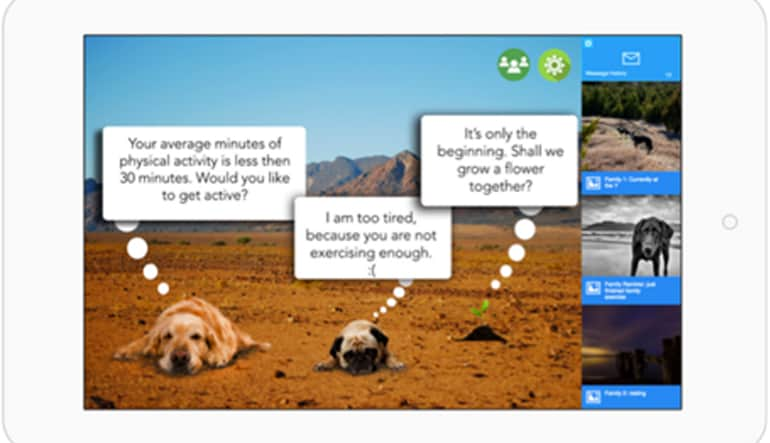Wei Peng Ph.D.

Bio
Dr. Wei Peng (Ph.D. in Communication, University of Southern California, 2006) is a Professor in the Department of Media and Information, Michigan State University. Her research focuses on the psychological and social mechanisms of behavior change and their application in the design of interactive media for health and wellness promotion. Her recent projects focus on using conversational agents or chatbots, digital games, and mobile apps for health promotion, health education, and social change. Her broader research area is the social and psychological effects of information and communication technology. She was the PI of a Robert Wood Johnson Foundation grant to develop and evaluate an exergame for physical activity promotion among young adults. As a Co-PI, she has worked on a National Science Foundation grant to study how to use sensor-enabled and gamified technology to influence family routines for child obesity prevention. She has served or is currently serving as a member of the editorial board of Journal of Communication, Health Communication, Games for Health Journal, and BMC Public Health. She has published over 60 articles in journals such as Journal of Communication, Information, Communication, & Society, New Media & Society, Media Psychology, Health Communication, Journal of Medical Internet Research, BMC Public Health, Health Psychology, Journal of Health Communication, Computers in Human Behavior, CyberPsychology, Behavior, and Social Networking, Health Education & Behavior, Telemedicine and e-Health, Games for Health Journal, Computers & Education, Social Science Computer Review, Mobile & Media Communication, and Journal of Physical Activity and Health. She has also published in the leading venues of Human-Computer interaction, including PACM on Human-Computer Interaction (CSCW) and SIGCHI Conference (CHI). She is currently seeking motivated students who can work on projects related to AI and persuasive technology in the area of health misinformation.
Updated CV
Research and Teaching
- Media Effects/Media Psychology
- Psychological impacts of interactive media (mediators and moderators)
- Utilizing technologies for health communication (persuasive technology)
- Behavior change enabled by conversational agent and AI
- Mobile apps for disease self-management and health promotion
- Credibility and misinformation
- Active video games (exergames) for physical activity promotion
Thematic Research Areas
Game Design and Development
Health & Risk, Environment & Science Communication
Human Centered Technology Design
Media Psychology
Research Centers and Labs
Games for Entertainment and Learning Lab
Health and Risk Communication Center
